Refine listing
Actions for selected content:
2326 results in Cambridge Elements
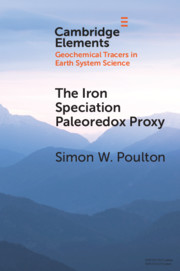
The Iron Speciation Paleoredox Proxy
-
- Published online:
- 02 February 2021
- Print publication:
- 04 March 2021
-
- Element
- Export citation
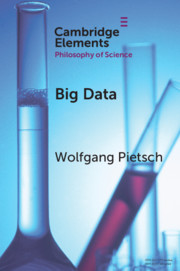
Big Data
-
- Published online:
- 29 January 2021
- Print publication:
- 18 February 2021
-
- Element
- Export citation
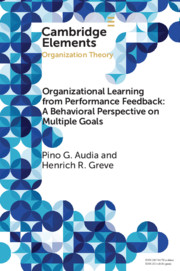
Organizational Learning from Performance Feedback: A Behavioral Perspective on Multiple Goals
- A Multiple Goals Perspective
-
- Published online:
- 28 January 2021
- Print publication:
- 18 February 2021
-
- Element
- Export citation
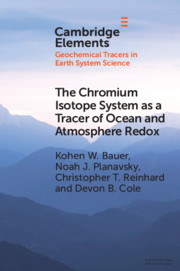
The Chromium Isotope System as a Tracer of Ocean and Atmosphere Redox
-
- Published online:
- 26 January 2021
- Print publication:
- 25 February 2021
-
- Element
- Export citation
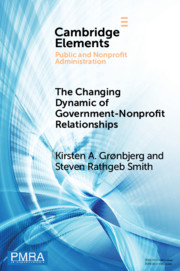
The Changing Dynamic of Government–Nonprofit Relationships
- Advancing the Field(s)
-
- Published online:
- 23 January 2021
- Print publication:
- 11 February 2021
-
- Element
- Export citation
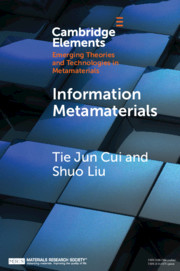
Information Metamaterials
-
- Published online:
- 23 January 2021
- Print publication:
- 18 February 2021
-
- Element
- Export citation
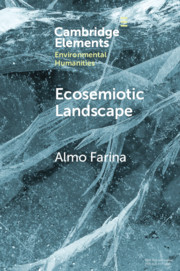
Ecosemiotic Landscape
- A Novel Perspective for the Toolbox of Environmental Humanities
-
- Published online:
- 22 January 2021
- Print publication:
- 18 February 2021
-
- Element
- Export citation
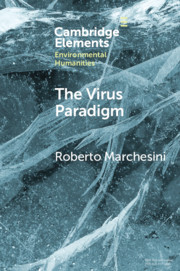
The Virus Paradigm
- A Planetary Ecology of the Mind
-
- Published online:
- 21 January 2021
- Print publication:
- 18 February 2021
-
- Element
- Export citation
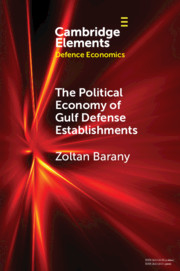
The Political Economy of Gulf Defense Establishments
-
- Published online:
- 21 January 2021
- Print publication:
- 18 February 2021
-
- Element
- Export citation

Bluestockings and Travel Accounts
- Reading, Writing and Collecting
-
- Published online:
- 21 January 2021
- Print publication:
- 25 March 2021
-
- Element
- Export citation

Child Welfare, Protection, and Justice
-
- Published online:
- 21 January 2021
- Print publication:
- 18 February 2021
-
- Element
- Export citation
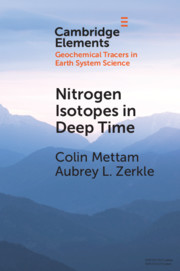
Nitrogen Isotopes in Deep Time
-
- Published online:
- 21 January 2021
- Print publication:
- 18 February 2021
-
- Element
- Export citation
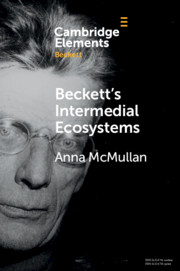
Beckett's Intermedial Ecosystems
- Closed Space Environments across the Stage, Prose and Media Works
-
- Published online:
- 21 January 2021
- Print publication:
- 18 February 2021
-
- Element
- Export citation
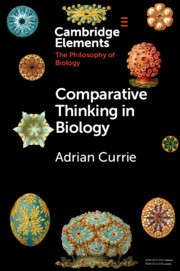
Comparative Thinking in Biology
-
- Published online:
- 20 January 2021
- Print publication:
- 18 February 2021
-
- Element
- Export citation
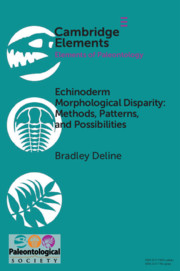
Echinoderm Morphological Disparity: Methods, Patterns, and Possibilities
-
- Published online:
- 20 January 2021
- Print publication:
- 11 February 2021
-
- Element
- Export citation
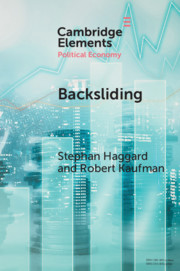
Backsliding
- Democratic Regress in the Contemporary World
-
- Published online:
- 19 January 2021
- Print publication:
- 11 February 2021
-
- Element
- Export citation
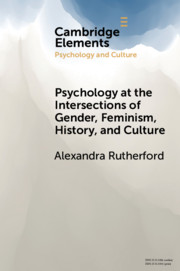
Psychology at the Intersections of Gender, Feminism, History, and Culture
-
- Published online:
- 18 January 2021
- Print publication:
- 11 February 2021
-
- Element
- Export citation
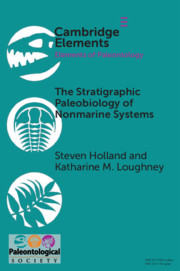
The Stratigraphic Paleobiology of Nonmarine Systems
-
- Published online:
- 18 January 2021
- Print publication:
- 04 February 2021
-
- Element
- Export citation
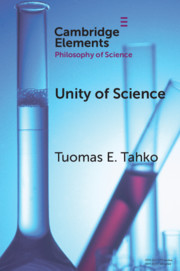
Unity of Science
-
- Published online:
- 18 January 2021
- Print publication:
- 11 February 2021
-
- Element
-
- You have access
- Open access
- HTML
- Export citation
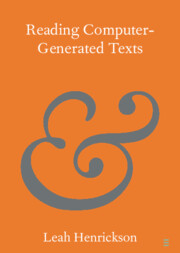
Reading Computer-Generated Texts
-
- Published online:
- 18 January 2021
- Print publication:
- 11 February 2021
-
- Element
- Export citation
